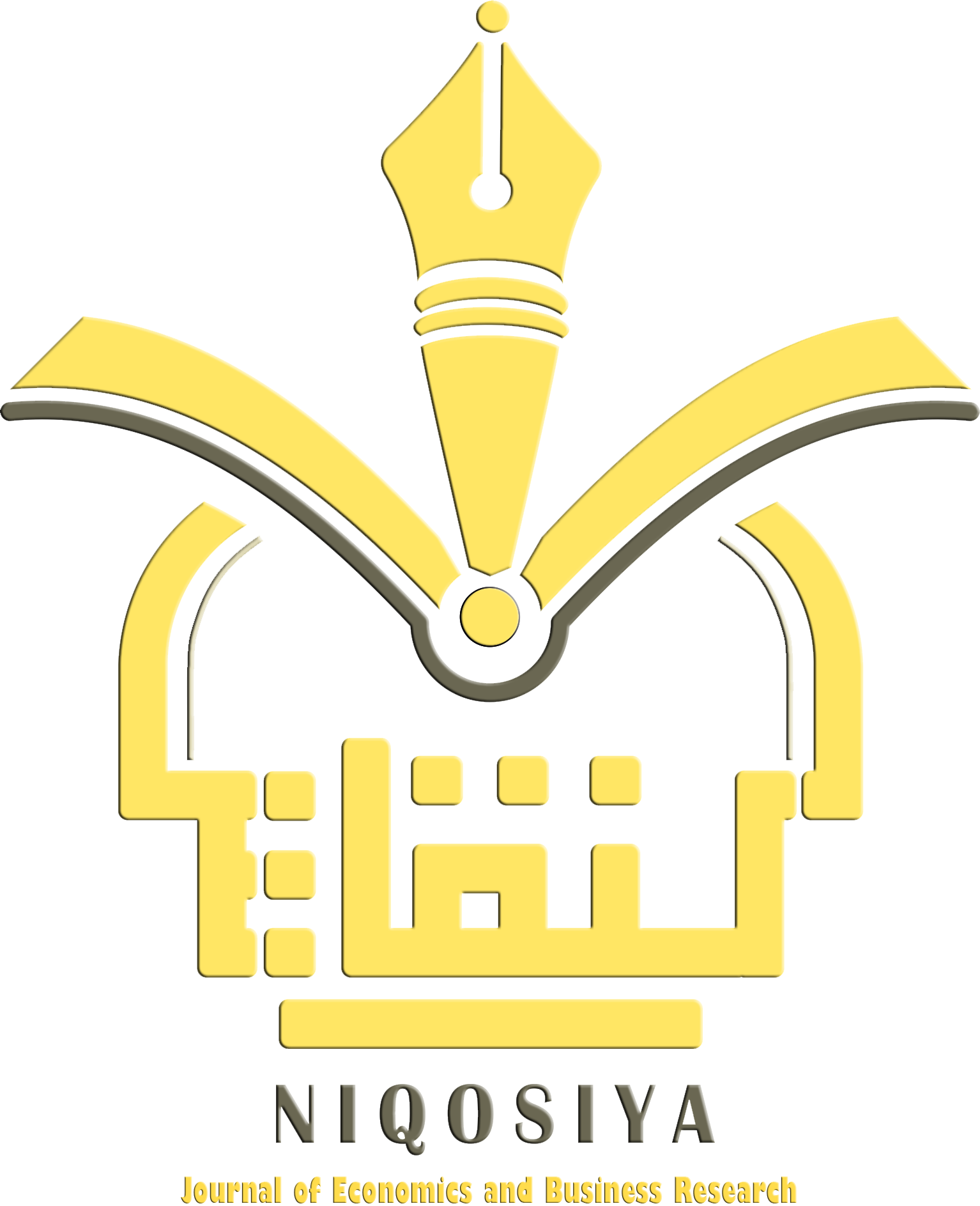Dampak Industri Tepung Tapioka Terhadap Kesejahteraan Masyarakat Desa Tajug Kabupaten Ponorogo
Abstract
This study aims to analyze the social impact of the tapioca flour industry on society from an Islamic economic perspective and to analyze the economic impact of the tapioca flour industry on society from an Islamic economic perspective. The problem in this study is the problem of economic and social impacts which are problematic in the community environment that affect the community, these impacts are in the form of beneficial and detrimental impacts felt by the community to achieve the level of benefit, so this research will discuss how the economic and social impacts tapioca flour industry to society from an Islamic economic perspective. The type of research used is using qualitative research methods with a descriptive analysis approach. Data collection techniques using observation techniques, interviews and documentation. While the subjects of the study were the people affected by the tapioca flour industry in Tajug Village, Siman District, Ponorogo Regency. Based on the results of the study, it can be concluded that the social impact of the tapioca flour industry on the community can be seen from the indicators of education, health, housing or housing facilities and peace are in a condition that does not show benefit, because there are negative impacts on society on health and peace indicators, namely air pollution and many Mosquitoes are disturbing health, roads are damaged, many vehicles are milling about and complaining because the nature of this industry is seasonal, so it disturbs people's comfort. Meanwhile, the economic impact of the tapioca flour industry on the community can be seen from the indicators of income, poverty and employment, it can be said that this industry benefits the community because all indicators are fulfilled and can help the community's economy.
Downloads
References
Fahrudin, A. (2012). Pengantar Kesejahteraan Sosial. Refika Aditama.
Fatmawati, E., Musthofa, M. A., & Daud. (2022). Potensi Dan Kontribusi UMKM Terhadap Kesejahteraan Masyarakat Dalam Perspektif Islam. Zabags Qu Publish.
Fitriani, H. (2022). Dampak Revitalisasi Lapangan Beran Terhadap Efek Sosial Dan Peningkatan Pendapatan Masyarakat. Journal of Economic and Social Science (JESS), 1(2).
Is, M. S., & Sobandi. (2020). Hukum Ketenagakerjaan Di Indonesia. Kencana.
Karso, A. J. (2021). Implementasi, Analisis, Perumusan Kebijakan Publik Kunci Utama Terselenggaranya Kesejahteraan di Indonesia. Insania.
Mannan, A. (1997). Teori dan Praktek Ekonomi Islam. Dana Bakti Prima Yasa.
Nurkomala, S. A. (2018). Dampak Industrialisasi Pabrik Terhadap Masyarakat Desa Mekarsari Kecamatan Cicurug Kabupaten Sukabumi (Studi Kasus PT. Aqua Golden Missiissiippi Mekarsari). UIN Syarif Hidayatullah Jakarta.
Pendidikan, D. (2008). Kamus Besar Bahasa Indonesia. Pusat Bahasa.
Rahim, A. R. (2020). Cara Praktis Penulisan Karya Ilmiah. Zahir Publishing.
Setiawan, H. H. (2020). Kewirausahaan Sosial Penerima Program Keluarga Harapan (PKH) Graduasi. Puslitbang Kementerian Sosial RI.
Simbolan, J., Marpaung, P. H., & Lestari, G. (2021). Kondisi Sosial Dan ekonomi Petani Pengungsi Sinabung. Cipta Media Nusantara.
Sucipto, A. (2011). Studi Kelayakan Bisnis. UIN-MALIKInPRESS.
Sulasmi, E. (2021). Buku Ajar: Kebijakan Dan Permasalahan Pendidikan. Umsu Press.
Thohirin, M., Santoso, A. B., & Hartanto, S. (2022). Perawatan Mesin Root Peeler dan Root Washer Singkong Untuk Bahan Tepung Tapioka di CV Gunung Mas Putra Kencana. Yayasan Pendidikan dan Sosial.
Wijaya, A., & dkk. (2020). Manajemen Operasi Produksi. Yayasan Kita Menulis.
Copyright (c) 2023 Aflah Binti Munawaroh, Said Abadi

This work is licensed under a Creative Commons Attribution-NonCommercial 4.0 International License.














